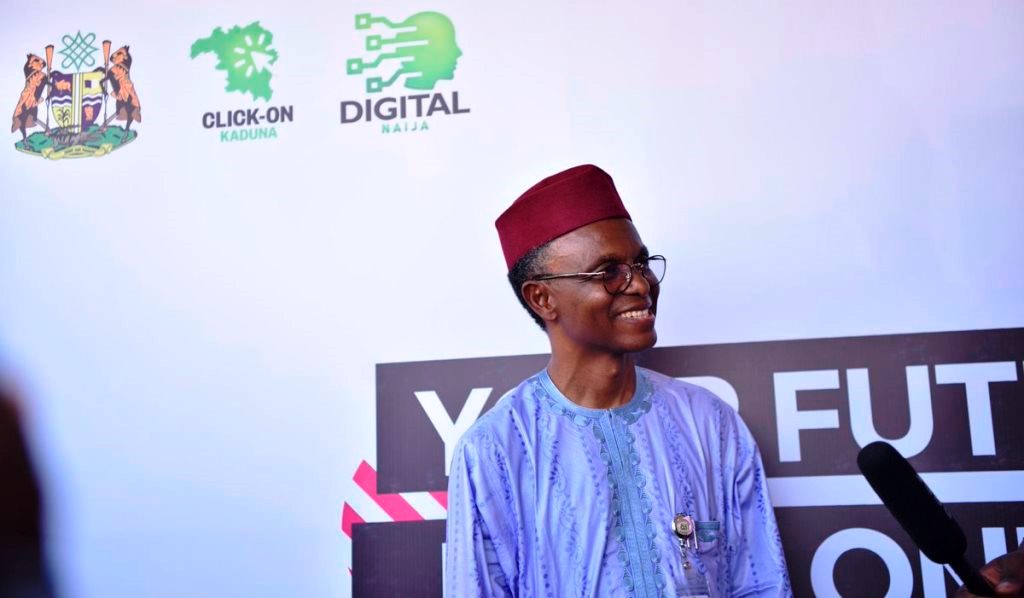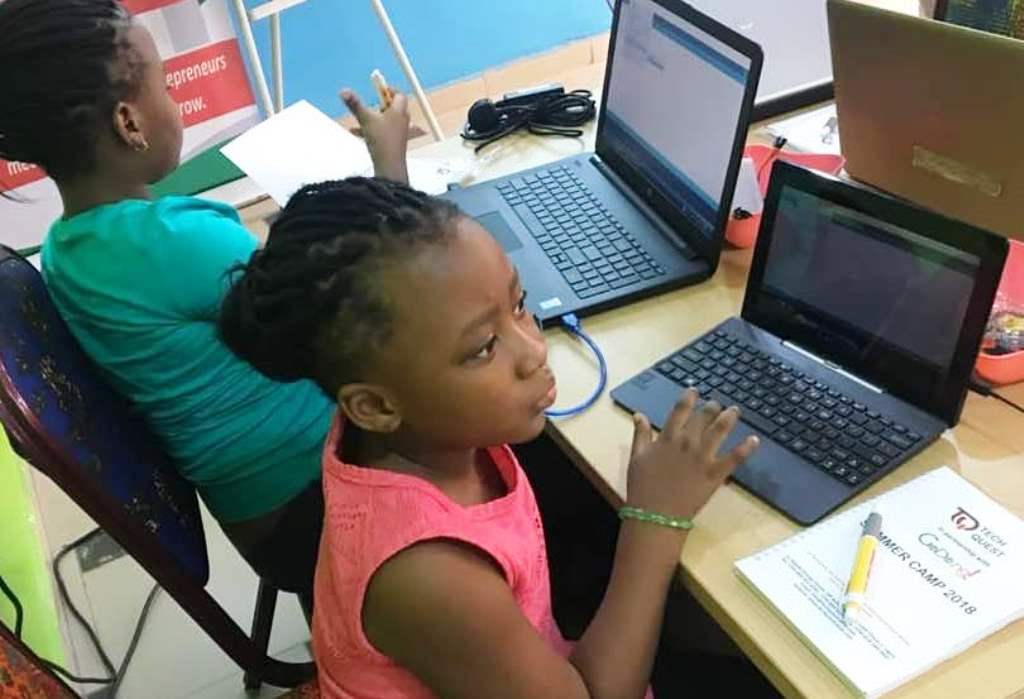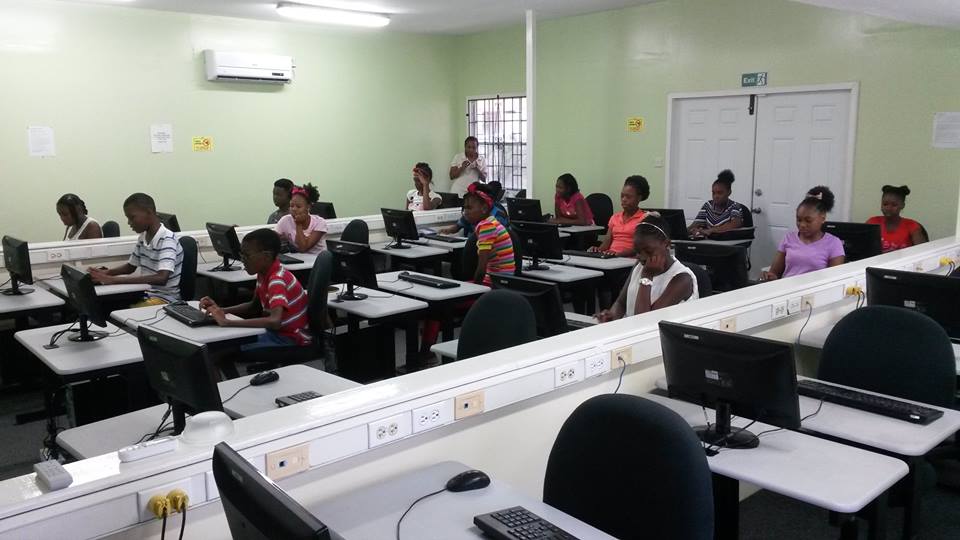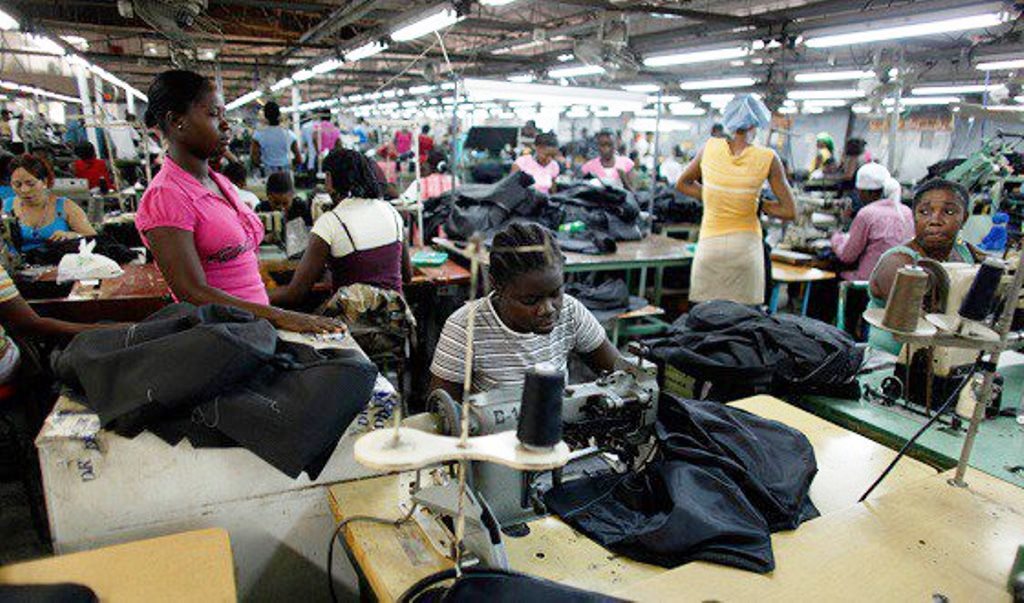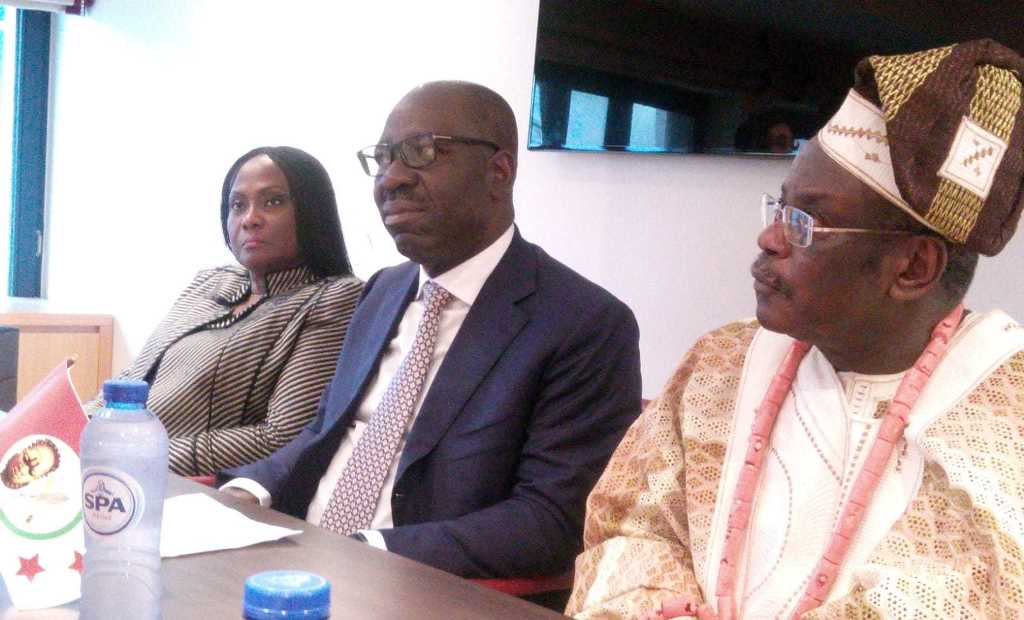A London-based Coinfirm and KAD ICT Hub, a Kaduna State-based ICT company say they are partnering to launch Africa Blockchain Lab, a trusted all-in-one cryptocurrency company to increase financial inclusion across Africa.
KAD ICT Hub, a partnership between Kaduna State Government and Telemax Engineering Services Ltd., was established in 2017.
It brings together companies such as Coders4Africa, Draper Dark Flow and Gebeya, first-of-a-kind centre that incubates world-class technologies, talent and innovation.
In addition to housing software start-ups, it runs training courses with focus on girls’ education.
Mr Grant Blaisdell, Co-founder of Coinfirm, said on Thursday in Kaduan that the initiative would bring world-class blockchain companies working on solutions for African markets.
Blaisdell, who defined cryptocurrency as a digital currency designed to work as a medium of exchange, added that the lab was the first-of-its-kind on the African continent.
He said the lab would provide a home to companies and entrepreneurs building blockchain-based products and services relevant to African economies.
According to him, the Africa Blockchain Lab is a joint venture between Coinfirm, and KAD ICT Hub, a state-backed IT innovation hub.
“The first tranche of Lab tenants include financial inclusion start-up Kora, a blockchain-powered marketplace, infrastructure, and digital payments solution for inclusive financial systems that connect people, communities and capital.
“One of the first initiatives to be launched in the lab will be the Anti-Money Laundering (AML) Token Network and the Coinfirm AML and Know Your Customer (KYC) Platform.
“The AMLT Network is the first global system that provides opportunity to report online scams, fraud and cybercrime related to cryptocurrency addresses and earn token from Coinfirm.
“This provides a mechanism for victims to report and provide evidence that can help fight against bad actors in the internet space,’’ Blaisdell said in a statement.
He said that Coinfirm, a global blockchain company provided bank-grade AML/KYC compliance to blockchain and crypto companies.
He also said Coinfirm had already successfully built leading blockchain solutions, the largest structured blockchain database and coverage and the first blockchain lab for Central Europe.
“Together with KAD ICT Hub we hope to bring transformative blockchain-based solutions to African markets.
“With the Coinfirm’s AML/KYC Platform and AMLT Network, we will provide opportunities for African entrepreneurs working in one of the most exciting and disruptive fields today.
“While cryptocurrencies provide an alternative to fiat currencies, blockchains are decentralised, immutable and transparent ledgers, free from central control.
“This means both are potentially transformative technologies in the face of authoritarian governments, corruption and economic exclusion,’’ Blaisdell said.
Malam Yusuf Bashir, Chief Executive Officer and Co-Founder of KAD ICT Hub, said that the Nigerian economy was the largest economy in Africa, adding that the transformative potential of blockchain was enormous.
“I am confident that working with Coinfirm, we can provide the testbed and support for today’s leading African blockchain companies, giving them the opportunity to become global leaders.
“KAD ICT Hub has been working with Coinfirm’s blockchain-powered data provenance document verification platform, Trudatum, which was recently integrated by the largest bank in Central Europe.
“In Nigeria, Trudatum is being proposed as a solution to government and universities as a more effective way of securing documents,’’ Bashir said.
